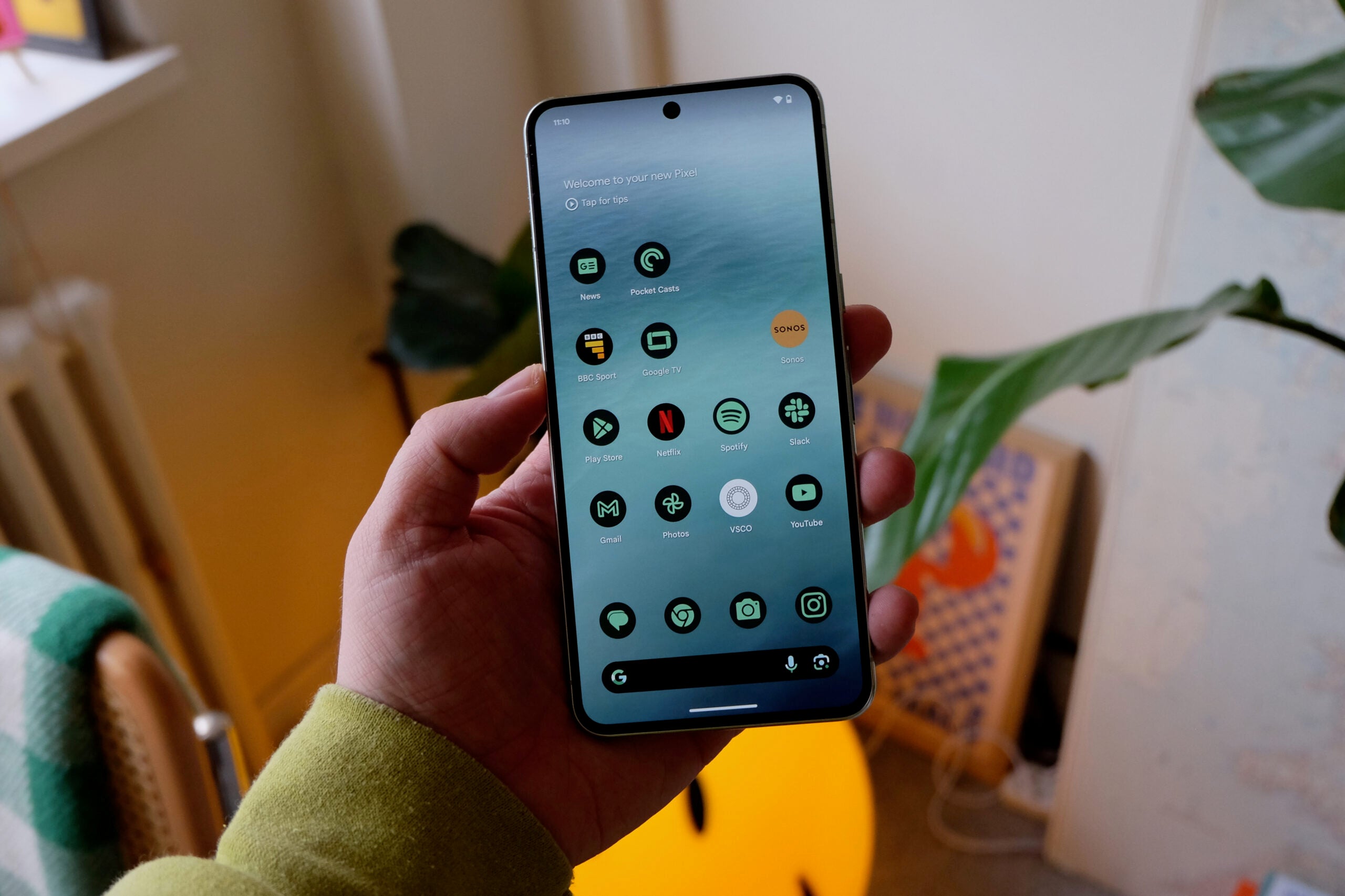The pros and cons of overclocking your GPU for better performance

Every PC builder has likely come across the term overclocking. It’s a good way of eeking every last drop of performance out of your system, without needing to pay for an upgrade.
If you’re not sure what the term means, overclocking refers to boosting the performance of components such as your GPU beyond the default factory settings. This is done by raising a component’s clock speed and power limits, which can easily be done with various software, including popular options such as MSI Afterburner.
Overclocking has both its advantages and disadvantages, so it certainly isn’t for everyone. We’ve created this guide to highlight the main pros and cons, so you can decide yourself whether it’s worth pursuing.
Pro: You can maximise your PC’s performance
The most obvious advantage for overclocking is that you can get a performance boost without upgrading any of your components. Depending on your system, it’s possible to get a 10% to 15% increase in your GPU’s performance.
Overclocking a GPU is particularly popular in the gaming community, as a boost to the frame rate performance can make a huge difference if your PC isn’t quite powerful enough to play a demanding game with a smooth performance with default settings.
Pro: You can save you money
Overclocking is a very cost-effective option for improving your GPU’s performance. Overclocking software such as MSI Afterburner is free to use, and you don’t need to worry about purchasing extra hardware.
Graphics cards are one of the most expensive components you can purchase for a PC, with Nvidia’s most expensive offerings surpassing the £1000/$1000 mark, while even mid-range options that target a 1080p resolution can still cost you a few hundred.
If you’re using a gaming laptop, you’d otherwise need to purchase an entire new system to boost the performance, as most laptops don’t allow you to upgrade the graphics chip. This makes overclocking a popular option for those on a tight budget.

Con: Can result in an unstable performance
In the end of the day, there’s a reason why manufacturers place limits on their GPU, as increasing the performance further can result in an unstable performance. With overclocking increasing the odds of your GPU overheating, it also heightens the risk of your PC crashing and shutting down unprompted.
These days, it’s unlikely that overclocking will cause damage to your PC, as it will automatically shut down before there’s any chance of that happening, but it can still prove to be a frustrating issue when it occurs in the middle of a game.
There is generally a sweet spot where you overclock your GPU without seeing an increase to system crashes, but it can take a lot of time fine tuning your PC to accomplish this.
Some GPUs offer more headroom for overclocking too, especially those made by third-party partners which are often designed for overclocking, with elaborate built-in cooling systems to keep temperatures as low as possible.
Cons: Can shorten the lifespan of your GPU
It’s unlikely that overclocking will damage your GPU in the short-term, but it can have long-lasting effects that will reduce the lifespan of your component.
Like with any component, prolonged exposure to high temperatures can reduce the longevity of the GPU. This can result in GPU’s performance degradation occurring earlier than typically expected.
That’s not to say it’s impossible to overclock a GPU without still maintaining a high lifespan, as it’s possible to keep temperatures at a moderate level while simultaneously boosting performance.
Cons: Increases the power consumption of a GPU
Overclocking requires you to supply additional power to your GPU, which will increase the overall power consumption of your PC. This could be an issue if you’re already hitting the limit of your PSU, or you’re concerned about your energy bill becoming even more costly.
That said, overclocking shouldn’t cause the power consumption to increase by a significant degree, and so probably won’t have a big impact on your energy bill. Nevertheless, it’s yet another factor to consider, especially if you’re using a laptop since overclocking will drain the battery at a faster rate.









